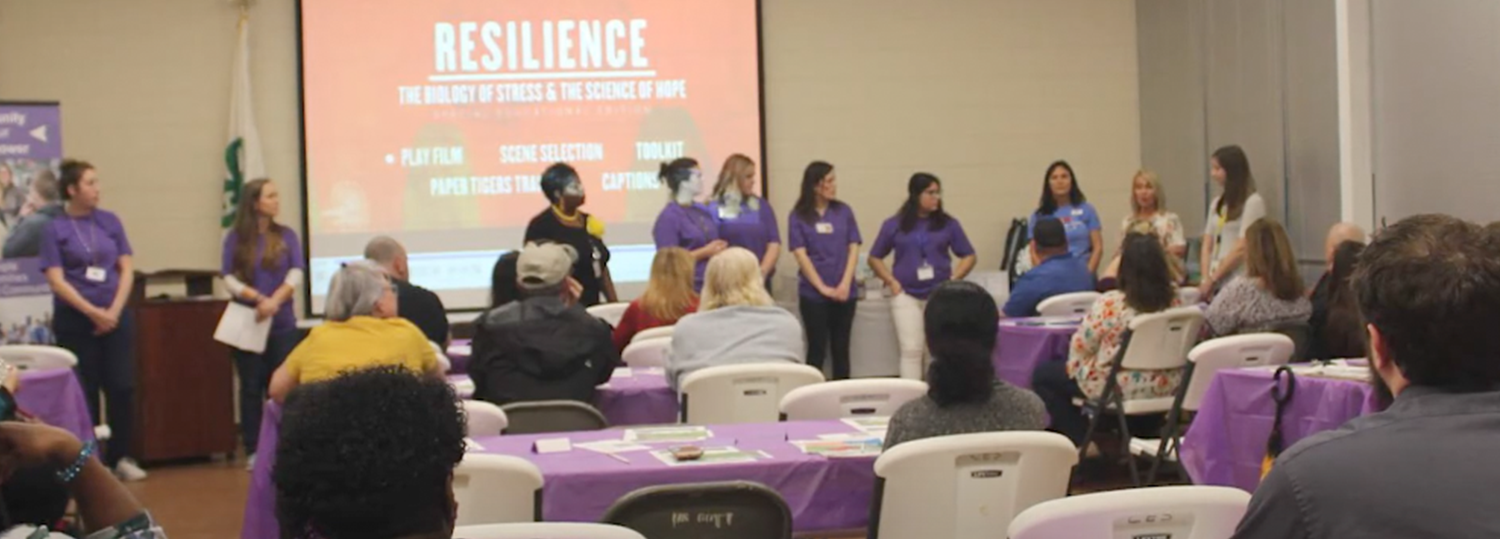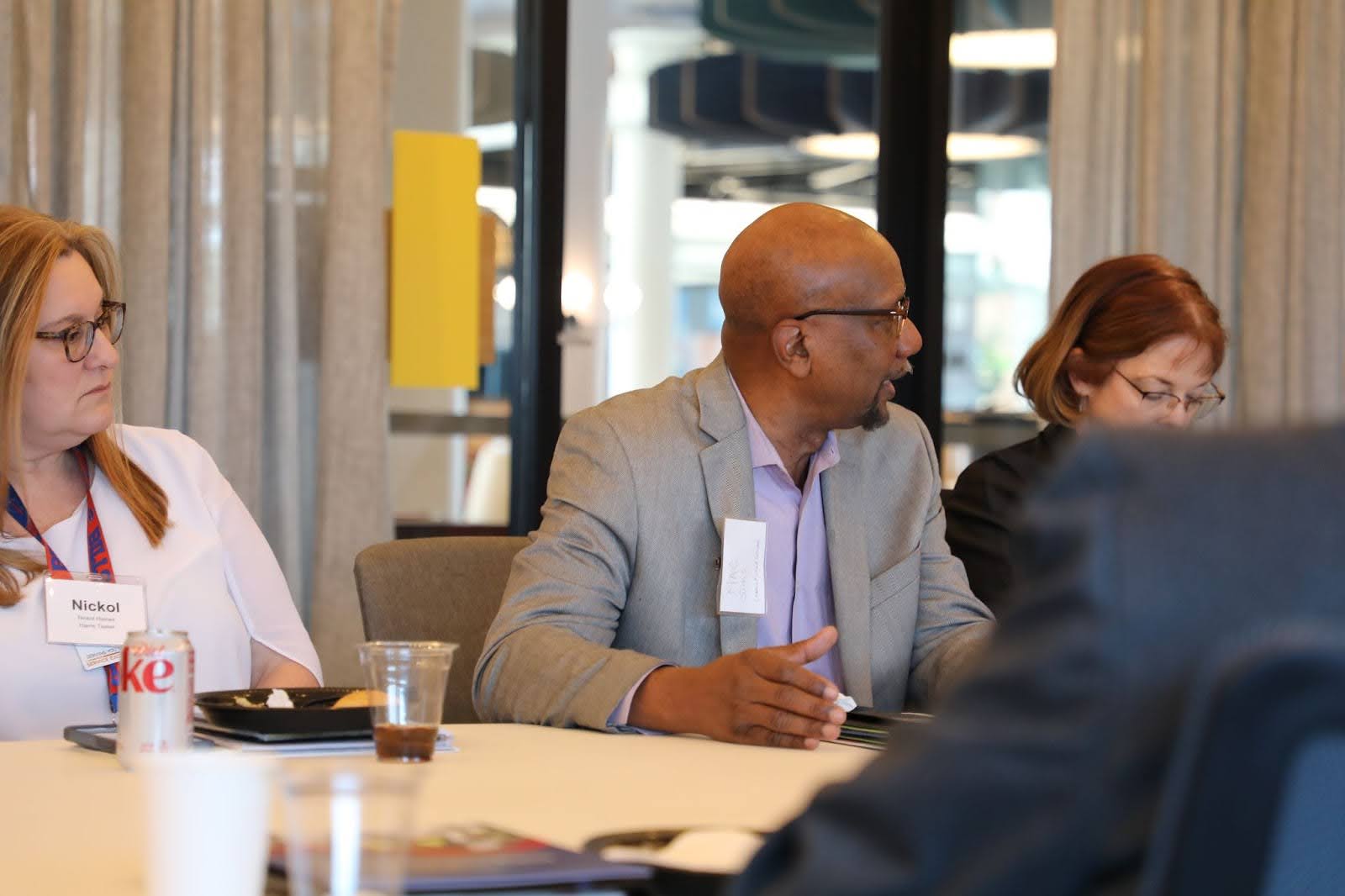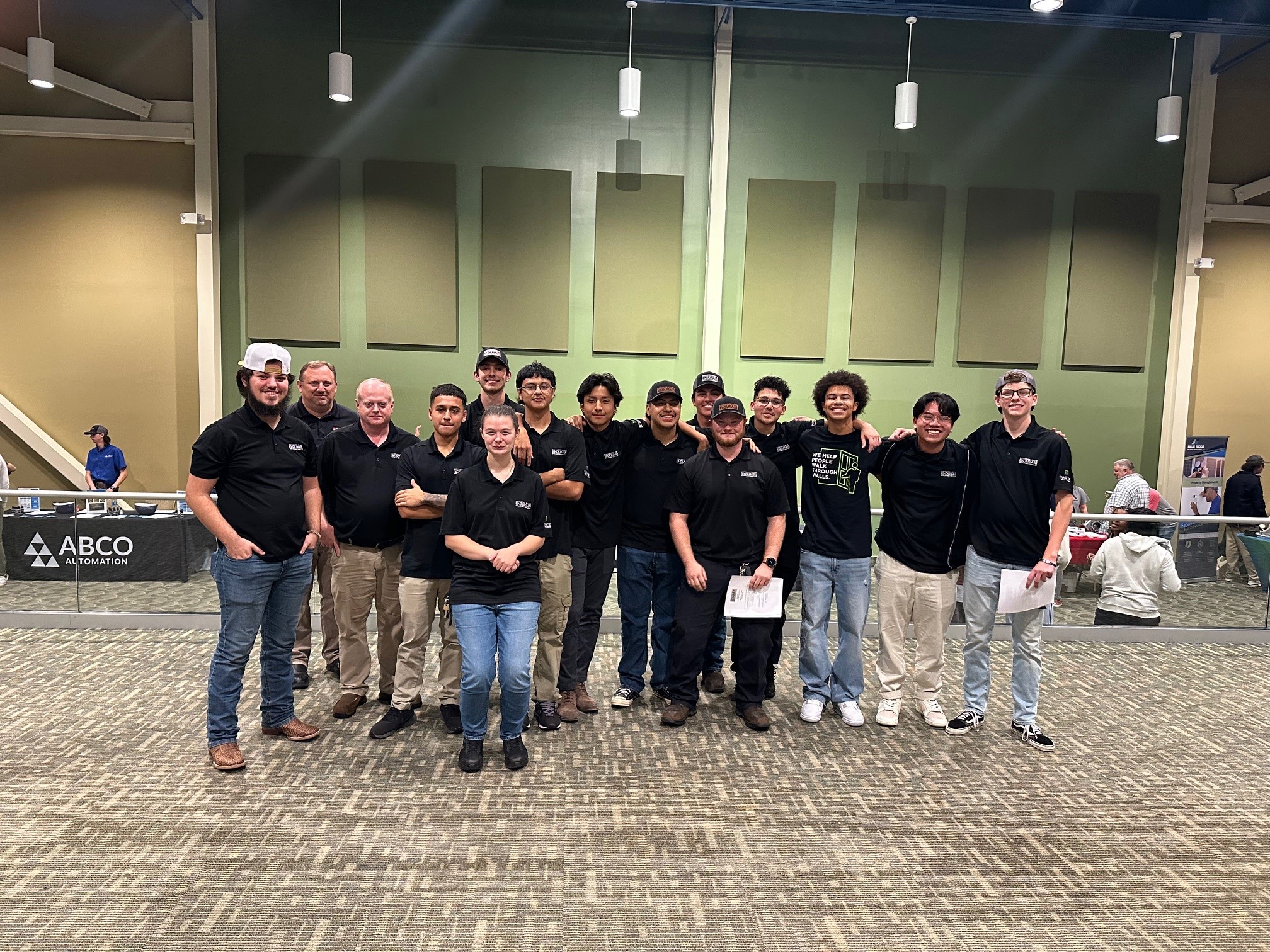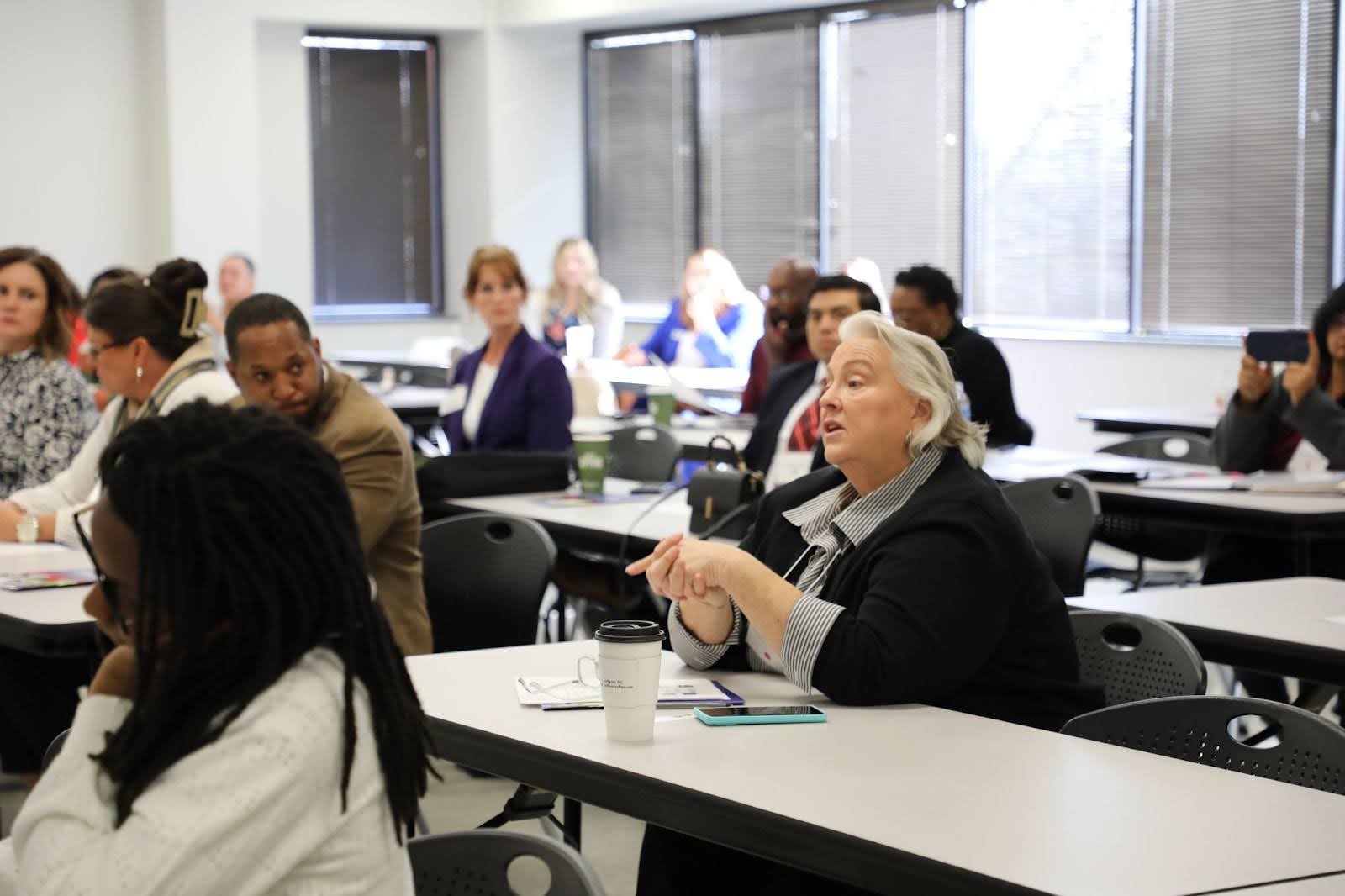Pender County Resiliency Task Force (Reconnect to Mental Health & Well-Being)

For Pender County, the scars of the 2018 Hurricane Florence are still visible today. “Just driving down the highway you see all these houses that were flooded, windows broken out, and they’re just abandoned,” says Monique Travise, a Health Educator for Pender County. “Natural disasters obviously cause a lot of toxic stress.”
Whether it comes from a natural disaster, a pandemic, or childhood trauma, everyone has to deal with stress. The Pender County Resiliency Task Force was formed to focus on stress from Adverse Childhood Experiences (ACEs), creating a more trauma-informed community, and building community resilience.
The task force was co-founded by Liz Peterson and Monique Travise, colleagues working in complementary fields in Pender County. Liz works for NCSU’s Cooperative Extension as a 4H agent, as a youth development specialist. Monique works as a Health Educator, connecting community members to health and mental health resources or training. In both their work, they saw a common problem in trauma, the toxic strategies that individuals adopt as a way of managing the stress they live with.
As the pair describes it, everyone has to deal with stress, and (in some cases) that stress derives from Adverse Childhood Experiences. Monique explains that these early traumatic experiences can lead to serious problems later in life, ranging from mental issues (e.g. anger management, anxiety, to substance abuse disorders) to medical issues (e.g. heart disease, obesity, diabetes) that emerge from unhealthy coping habits. In an effort to alleviate these issues, they work with organizations (such as the Empowering Youth & Families Program) which is aimed at both providing positive childhood experiences and developing productive strategies to help them better understand, manage, and ultimately address the stress in their lives. However, they note, trauma can come from many different places, and until you understand it and strategies for coping with it, it’s very difficult to move past.
Monique describes an instance where a mother came to her with concerns about her son, who was struggling in school and “emotionally withdrawing.” In this case, “the family had lost their home [because of Hurricane Florence] and had to move to a completely different place.” The plight of that mother and her son stuck with our founders. At that moment, Monique was only able to talk with the mother, directing her towards the assistance Trillium could provide. But the scope of the problem was terribly clear to her: “this is the reality of our community, and they don’t know what to do.” Liz adds that helping a person move past trauma often requires multiple angles of support, “You can send them to an hour of therapy over here, but if their parents and their teachers aren’t supporting that work as well, then what’s that going to do?”
This brings us to the idea of resilience, summarized as “the capacity to recover from difficult life events.” For Monique, resilience can be thought of as a mixture of self-reflective awareness and general practice. It’s grounded in “the science of trauma, how it affects your body and nervous system… and the sorts of chronic conditions that it can lead to if not addressed.” From this place of reflectivity, where a person takes stock of the stress in their life and the means of coping with that stress that they have developed, the second aspect of resilience comes in: “knowing how to ground yourself” and building up your “personal toolkit” for addressing, and productively managing your own particular stress responses. From this point, the work shifts from inwards to outwards, as the person can begin to recognize signs of trauma in other individuals suffering from trauma; individuals who could benefit from resiliency training. And so it can spread, from teacher, to child, to parent, to community.
In such a spirit, the founders trace the genesis of the task force back to a community event last spring: a screening of Resilience: the Biology of Stress & the Science of Hope, followed by a panel discussion. The film spoke to the crowd of 70, speaking to needs they saw in their families and communities. This gave rise to the steering committee, “people who are in the field doing the work… people from the DA’s office, NC Extension, Health Department, Schools, Smart Start, and County Planning Department”—each of whom could offer their own perspective on the trauma their community grapples with. And yet they arrived at a common position, the belief that everyone who grapples with trauma can benefit from resilience training. From the position, they realized a tactic: to ally with the widest swath of advocates, so that they can reach as much of the population as possible.
The task force is not yet a full year old, still in the process of understanding its capacities, the needs of its community, and the resources at its disposal. Even now they’re working to develop connections with law enforcement and faith based communities. The reality, as Liz recalls, “is that if you wait for everyone to be at the table, you’ll never start.” For their taskforce, becoming a part of the ReCONNECT NC cohort acted as a catalyst for their organization: helping form an idea into a formal organization, with modest funding and a plan for future development. As the pandemic restrictions lift, the task force looks forward to resuming in-person screenings, training sessions, and formalizing different work groups who will attack the problems of trauma on every front they can imagine. They work not merely to develop resilient individuals, but empowered, resilient communities.
Written by Chris Kampe.
- Categories:


